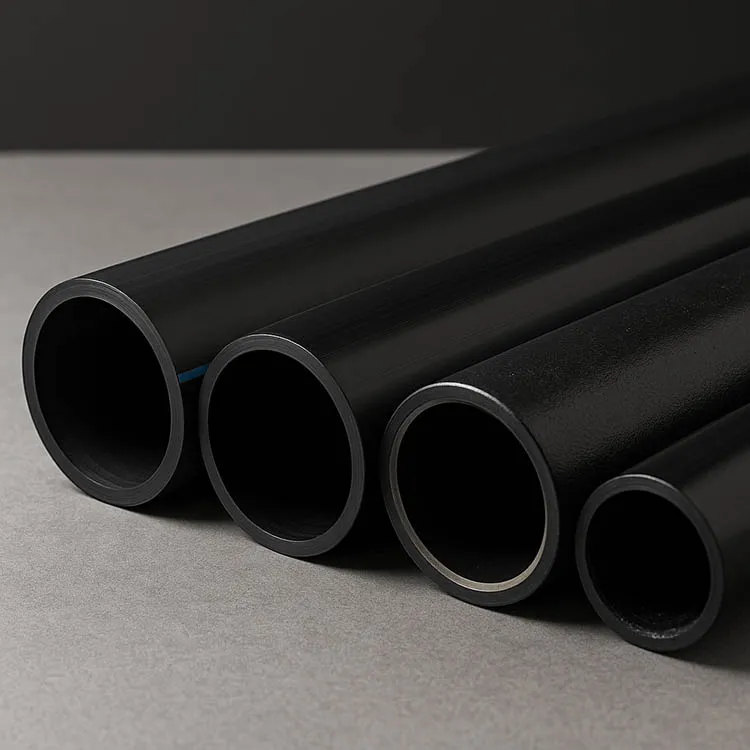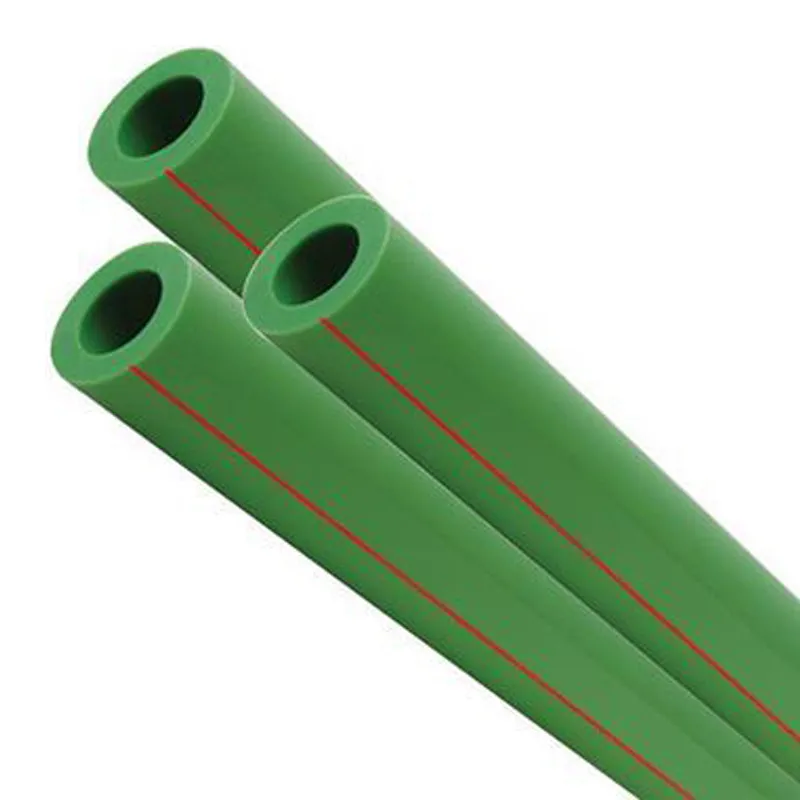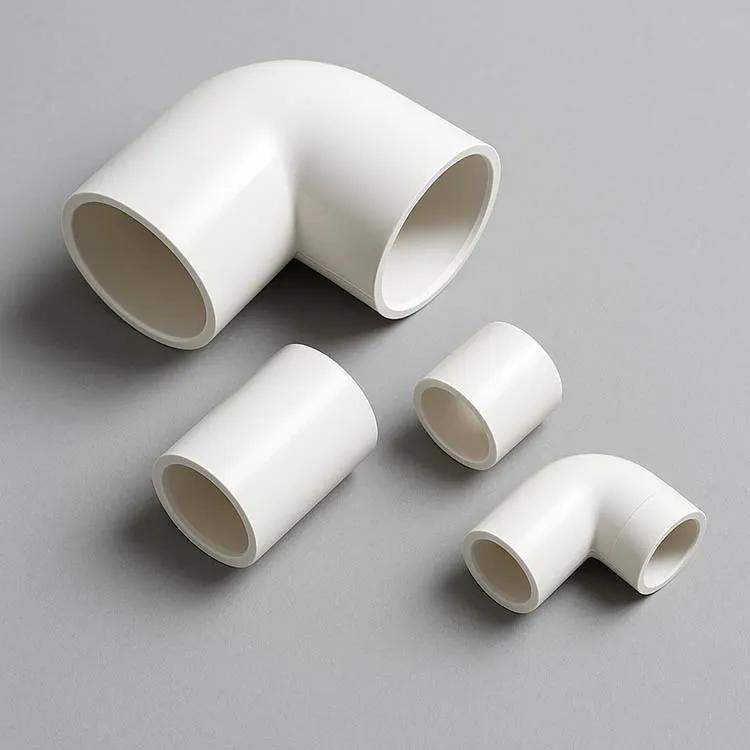What are black poly pipe?
Black water pipes refer to a category of piping materials commonly used for water transport, made primarily of polyethylene (PE), polyvinyl chloride (PVC), or polypropylene (PP). These pipes get their black color from added carbon black, which significantly increases UV resistance, making them ideal for outdoor or buried installations.
They are commonly used in:
Potable water supply
Agricultural irrigation
Landscaping and drip systems
Underground water distribution
Municipal and industrial water lines
What Is a Black Poly Pipe?
A black poly pipe specifically refers to black polyethylene pipe, typically high-density polyethylene (HDPE) or low-density polyethylene (LDPE). It is one of the most popular types of black pipe for water, favored for its:
Flexibility and ease of installation
High resistance to chemicals and corrosion
Long service life (up to 50+ years)
Compatibility with compression fittings, fusion welding, and quick connectors
HDPE black poly pipe is available in a wide range of diameters and pressure ratings, making it suitable for everything from garden systems to municipal water mains.
Types of black poly pipe
1. Black LDPE Pipe (Low-density polyethylene pipe)
Features: soft, light, suitable for low-pressure systems.
Use: Common in horticultural drip irrigation and micro-sprinkler irrigation systems.
Advantages: easy to install and low cost.
Disadvantages: low pressure rating and weaker tensile strength than HDPE.
2. Black PVC Pipe (Black polyvinyl chloride pipe)
Features: high rigidity and good strength, suitable for burial or drainage.
Common types: used for agricultural drainage or industrial sewage discharge.
Advantages: chemical corrosion resistance and aging resistance.
Disadvantages: not flexible enough, not suitable for scenes with bending requirements.
3. Black PP Pipe (Polypropylene pipe)
Features: good heat resistance and chemical stability.
Use: suitable for hot water systems and industrial transportation.
Advantages: high temperature resistance and corrosion resistance.
Disadvantages: relatively high price.
4. ABS Black Pipe (Acrylonitrile-butadiene-styrene copolymer pipe)
Features: light, strong and smooth surface.
Uses: Drainage and ventilation systems, mainly used in residential and light industrial fields.
Advantages: Easy construction and impact resistance.
Disadvantages: Not suitable for hot water or drinking water systems.
5. Black Iron Pipe
Note: This is a metal pipe, different from plastic black water pipes.
Features: Commonly used in natural gas or fire protection systems.
Not suitable for: drinking water or highly corrosive water environments.
Advantages: High strength.
Disadvantages: Easy to rust, requires regular maintenance, not recommended for water delivery.
Black Poly Pipe vs Other Black Water Pipes
| Type | Material | Flexibility | Use Case | Pros |
| Black Poly Pipe (HDPE) | Polyethylene | High | Irrigation, potable water, buried lines | UV-resistant, flexible, durable |
| Black PVC Pipe | PVC | Medium | Drainage, industrial wastewater | Rigid, cost-effective |
| Black PP Pipe | Polypropylene | Medium | Hot water, chemical systems | High temperature resistance |
Is Black Pipe for Water Safe to Drink?
Yes — but only if it's made with NSF-certified, food-grade materials. HDPE black poly pipe that meets NSF 61 or similar international standards is safe for drinking water. Always check for certifications or markings on the pipe that indicate it is intended for potable water use.
Why Choose Black Water Pipes for Irrigation and Outdoor Use?
UV Protection: The black color protects against sunlight, extending service life outdoors.
Temperature Resistance: Performs well in both hot and cold climates.
Pressure Capability: HDPE and other black water pipes are available in high SDR ratings for high-pressure systems.
Easy to Connect: Compatible with a wide range of fittings and connection types.
Tips for Choosing the Right Black Pipe for Water
1. Know your application: Irrigation, drinking water, drainage, or industrial use?
2. Check the material: Choose HDPE for flexibility, PVC for rigidity, and PP for high temperatures.
3. Look for certifications: Especially if the pipe is for drinking water.
4. Get the right size: Measure flow rate needs and choose appropriate diameter and wall thickness.
Whether you're a contractor, landscaper, or DIY enthusiast, selecting the right black poly pipe or other black water pipes is key to a successful plumbing or irrigation system. With excellent durability, UV protection, and versatile applications, black pipe for water remains a top choice in both residential and commercial installations.
Need help selecting the right product? Contact our team today for expert advice and detailed product recommendations!



939.webp)


294.webp)
476.webp)
420.webp)
146.webp)
460.webp)
287.webp)
274.webp)
688.webp)


